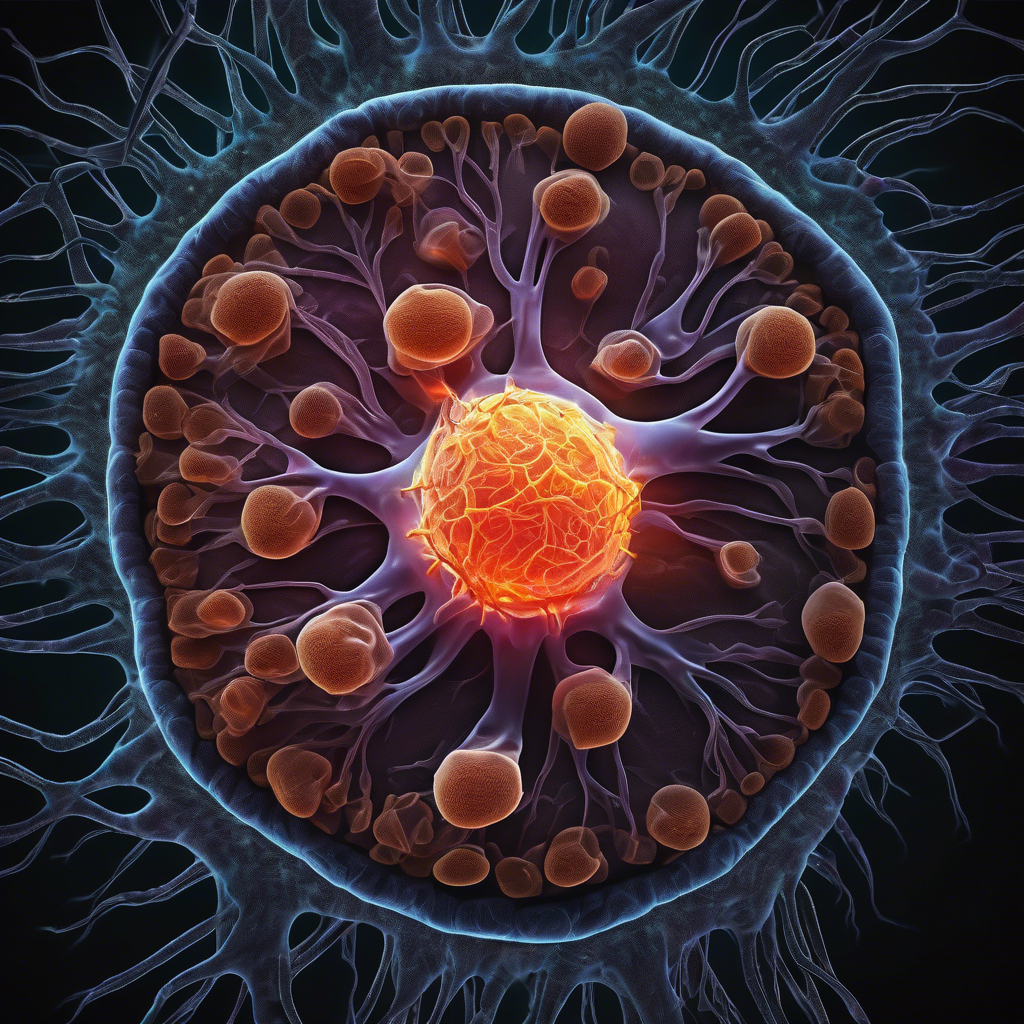
Navigating the intricate landscape of cancer care can often feel like traversing a labyrinth without a map. For patients and their loved ones, the journey from diagnosis to treatment and beyond can become overwhelming due to the many medical terms, appointments, treatment options, and emotional hurdles involved. This complexity has driven the emergence of cancer navigation services—a critical lifeline that offers personalized guidance and support throughout the entire cancer experience. These services aim to streamline care, reduce anxiety, and improve outcomes by ensuring patients do not face the challenge alone.
Cancer navigation services are a comprehensive response to the multifaceted needs of those battling cancer. At their core, they involve helping patients understand their diagnosis, facilitating communication between various specialists, and connecting individuals with resources to manage treatments effectively. This support is delivered by a diverse team, including oncology nurses, social workers, and dedicated patient navigators. Each professional plays a vital role in bridging the gap between the often-confusing medical world and the patient’s needs, ensuring that timely care is provided and empowering patients to make informed decisions. Interestingly, the concept of patient navigation dates back to the early 1990s, pioneered by Dr. Harold Freeman, who recognized the disparities in cancer outcomes related to access to care.
Patient navigators act as more than just medical guides; they serve as advocates and confidants, offering a single point of contact amid the complex healthcare system. They assist patients in scheduling appointments, clarifying medical jargon, coordinating communication between oncologists, radiologists, and surgeons, and linking patients to support networks such as counseling or financial assistance programs. Importantly, these navigators address not only the clinical but also the emotional and social challenges faced by patients, which often remain overlooked. The holistic nature of their support has been shown to improve patients’ adherence to treatment, satisfaction with care, and even survival rates, underlining the invaluable role they play in cancer management.
Amid the advances in cancer care, technology now presents novel capabilities to enhance prevention and early detection strategies. OncoPreventer emerges as an exciting, AI-powered cancer prevention assistant designed to help individuals proactively reduce their risk of developing cancer. By blending medical knowledge with artificial intelligence, OncoPreventer crafts personalized screening plans based on an individual’s age, gender, genetics, family history, and lifestyle factors. It then provides timely reminders for check-ups, lab tests, and annual screenings, transforming healthcare management from a reactive to a proactive approach. What’s particularly remarkable about OncoPreventer is its accessibility across various platforms including web browsers, Telegram, and WhatsApp, ensuring users can engage with their health management tools conveniently, anytime and anywhere.
Beyond reminders, OncoPreventer offers evidence-backed, clear health recommendations, helping users understand their risks and options without the overwhelming medical jargon. Its interactive timelines and health summary features allow people to track their wellness journey, fostering motivation and a sense of control. This type of AI integration in healthcare underscores a significant shift toward personalized medicine where prevention is prioritized, and individuals are empowered to take charge of their health on their terms. Given that an estimated one-third of cancer deaths are linked to lifestyle and environmental factors, tools like OncoPreventer provide a proactive mechanism to tackle cancer before it begins, complementing traditional care frameworks.
Cancer navigation services remain a foundational component of comprehensive cancer care, recognized globally for their ability to improve health outcomes and quality of life for patients. For example, the Biden Cancer Moonshot initiative recently announced expanded actions to increase access to these high-quality navigation services, underscoring their critical role in the ongoing fight against cancer. By ensuring patients receive guidance tailored to their unique circumstances, these services dissolve barriers to care and close gaps that disproportionately affect underserved populations. Integrating innovative technologies like OncoPreventer into this continuum offers a compelling model of how combining human support with AI-driven tools can redefine cancer care for the better. Ultimately, navigating the cancer journey doesn’t have to be a solitary endeavor—whether through compassionate patient navigators or smart AI assistants, individuals now have invaluable allies to help illuminate the path toward healing and prevention.
#CancerCare #PatientNavigation #OncoPreventer #CancerPrevention #AIHealth #HealthcareInnovation #CancerJourney
Leave a Reply